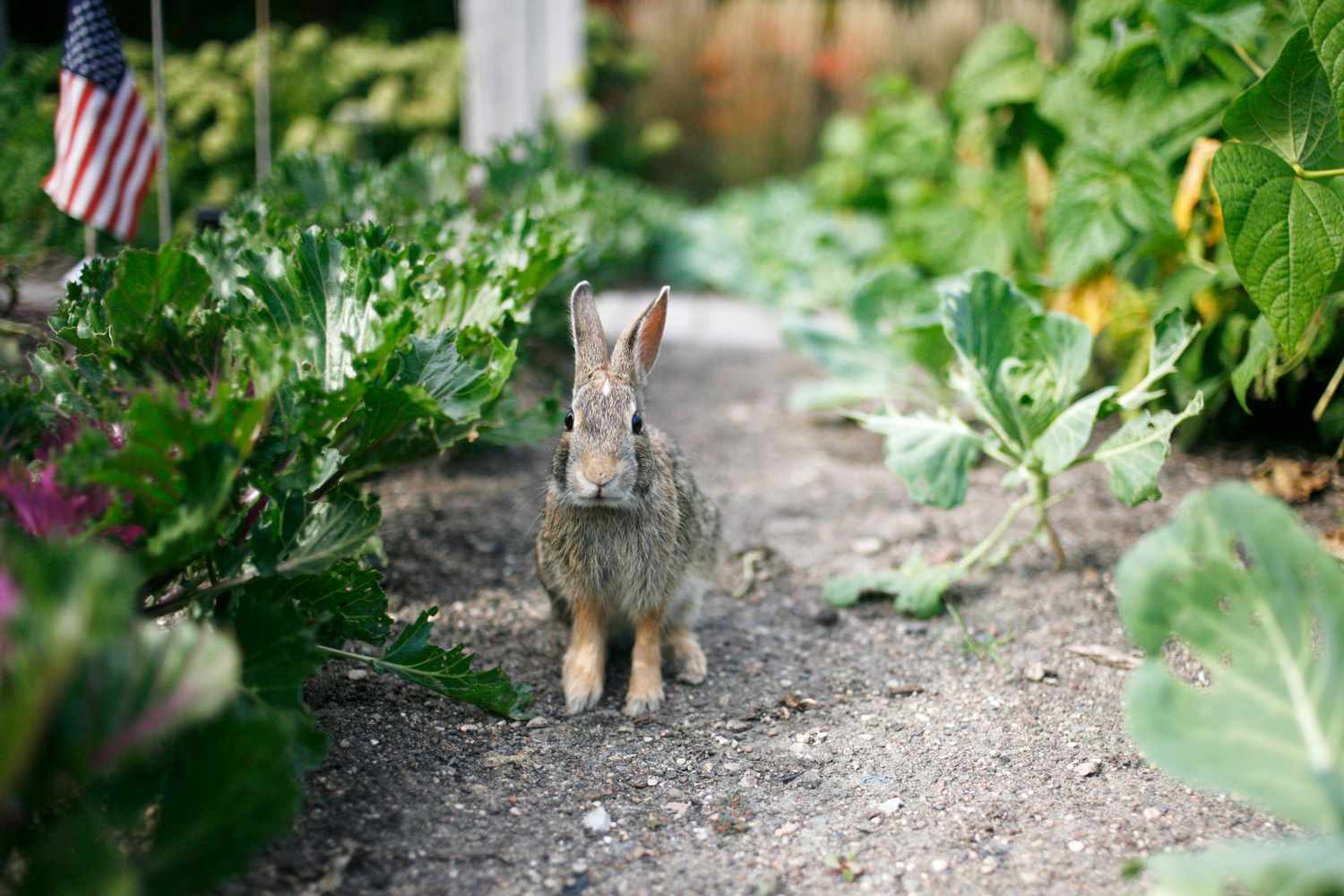

Articles
How To Keep Rabbits Out Of My Garden
Modified: January 19, 2024
Learn effective gardening techniques to keep rabbits out of your garden. Protect your plants from rabbit damage and ensure a thriving garden.
(Many of the links in this article redirect to a specific reviewed product. Your purchase of these products through affiliate links helps to generate commission for Storables.com, at no extra cost. Learn more)
Introduction
Welcome to our guide on how to keep rabbits out of your garden! If you’ve ever spent hours meticulously tending to your plants, only to find them ravaged by hungry rabbits, you understand the frustration. Rabbits are cute creatures, but they can wreak havoc on your carefully cultivated garden. However, with some preventive measures and effective deterrents, you can create a rabbit-free haven for your plants.
Before we delve into the methods for keeping rabbits at bay, let’s take a moment to understand their behavior. Rabbits are herbivorous animals that love to munch on tender vegetation, making your garden an enticing buffet. They are primarily active at dawn and dusk and tend to avoid open spaces, so keep this in mind when devising your rabbit control strategy.
Identifying potential entry points is key to preventing rabbits from infiltrating your garden. These clever critters can squeeze through surprisingly small gaps and burrow under fences, so it’s important to inspect your perimeter and patch up any vulnerabilities. Keep an eye out for gaps in fences, low hanging branches, and open spaces beneath sheds or decks.
Physical barriers are an effective way to keep rabbits out of your garden. Fencing is the most common solution, but it must be rabbit-proof. Opt for a wire mesh with small openings, around one inch or less, to prevent rabbits from squeezing through. Make sure the fence extends at least six inches into the ground to deter burrowing. Additionally, installing a fence height of at least three feet will deter rabbits from jumping over.
Key Takeaways:
- Create a rabbit-resistant garden by choosing rabbit-resistant plants, implementing physical barriers, and managing vegetation to minimize rabbit attraction and protect your plants.
- Combine natural remedies, repellents, and scare tactics to deter rabbits from your garden, ensuring a lush and undisturbed oasis for your plants to thrive.
Understanding the Behavior of Rabbits
Before implementing any rabbit control measures, it’s important to have a basic understanding of their behavior. By understanding their habits and tendencies, you can devise strategies that effectively keep them out of your garden.
Rabbits are herbivorous creatures that love to feast on tender vegetation. They are especially fond of young shoots, leaves, and flowers. Their diet primarily consists of grass, clover, and other green plants. They have a preference for easily accessible food sources, avoiding areas with tall vegetation or dense cover.
Rabbits are most active during the early morning and late evening hours, which is when you’re likely to spot them in your garden. During these times, they venture out from their burrows in search of food. They have keen senses of smell and hearing, allowing them to detect potential threats and quickly retreat to safety.
Rabbits are prolific breeders, with females capable of producing several litters each year, each containing several offspring. This high reproductive rate means that rabbit populations can quickly grow and pose a significant threat to gardens if left unchecked.
Rabbits have a natural instinct to burrow, creating underground tunnel systems known as warrens. These burrows provide them with shelter and protection from predators. They may also use burrows to access your garden from below the ground, so it’s important to be vigilant and close off any potential entry points.
Understanding these key aspects of rabbit behavior will aid you in devising effective strategies to deter them from your garden. By taking preventive measures and creating an environment that rabbits find less appealing, you can protect your plants and maintain a beautiful and flourishing garden.
Identifying Potential Entry Points
One of the first steps in keeping rabbits out of your garden is to identify and secure potential entry points. Rabbits are clever and agile creatures that can squeeze through surprisingly small gaps and find their way into your garden. By inspecting your garden perimeter and addressing vulnerabilities, you can make it more difficult for them to infiltrate.
Start by examining your fences and walls. Look for any gaps or holes that rabbits could squeeze through. Even a small opening can be an invitation for them to enter. Pay close attention to the bottom of the fence, as rabbits are known to dig and burrow their way under barriers. If you spot any weaknesses, repair them promptly by patching up holes or replacing damaged sections of fencing.
Low hanging branches can also serve as a pathway for rabbits to enter your garden. Trim back any branches that are close to the ground and within hopping distance for a determined rabbit. This will create a clear obstacle and make it harder for them to access your garden from nearby trees or shrubs.
Check for gaps or openings beneath sheds, decks, or other structures in your garden. These areas provide dark and sheltered spaces that rabbits may use as their own pathways. Use wire mesh or other sturdy materials to block off these areas and prevent rabbits from sneaking in from below.
Rabbits are skilled climbers, so don’t forget to check for access points on walls or other vertical structures. Look for gaps between the ground and the base of structures where rabbits could wriggle through. Secure these areas by closing off any spaces with wire mesh or by using rocks or other heavy objects to block access.
By carefully inspecting your garden and addressing these potential entry points, you can significantly reduce the chances of rabbits finding their way inside. Remember, rabbits are persistent creatures, so be thorough in your examination and take steps to close off any possible access routes.
Physical Barriers to Keep Rabbits Out
One of the most effective ways to keep rabbits out of your garden is by implementing physical barriers. These barriers create a physical deterrent, preventing rabbits from accessing your plants and causing damage. Here are a few options to consider:
1. Fencing: Installing a fence is one of the most common and reliable methods to keep rabbits out. Choose a fence with small holes or gaps, ideally around one inch or less, to prevent rabbits from squeezing through. Chicken wire or hardware cloth are suitable options. Make sure the fence extends at least six inches into the ground to deter burrowing. Additionally, a fence height of at least three feet will discourage rabbits from jumping over.
2. Raised Beds: Constructing raised beds can create a physical barrier that rabbits find difficult to overcome. Raise the beds to a height of at least 18 inches, and line the bottoms with wire mesh or hardware cloth to prevent rabbits from burrowing underneath.
3. Row Covers and Netting: Row covers and netting can be used to protect individual plants or entire rows from rabbit damage. Use sturdy materials like poultry netting or hardware cloth to create a barrier that rabbits cannot penetrate. Secure the covers tightly to prevent rabbits from pushing their way in.
4. Plant Cloches: Cloches are transparent coverings typically made from plastic or glass that can be placed over individual plants to protect them from rabbits. The cloches create a physical barrier while still allowing sunlight and rainfall to reach the plant.
5. Garden Walls and Borders: Consider constructing a solid garden wall or border using materials like bricks, stones, or concrete blocks. Make sure the wall extends below ground level to deter burrowing. This can be an aesthetically pleasing and effective way to keep rabbits out.
When implementing physical barriers, make sure they are properly installed and in good condition. Regularly check for any damage or gaps that could provide an opportunity for rabbits to sneak in. Remember, rabbits are persistent creatures, so it’s important to be thorough in your efforts to create an impenetrable barrier.
While physical barriers are highly effective, it’s important to note that they may not be suitable for every garden or budget. Evaluate your specific needs and resources before choosing the most appropriate method to keep rabbits out of your garden.
Natural Remedies to Deter Rabbits
If you prefer to tackle the issue of rabbits in your garden using natural methods, there are several remedies you can try to deter them without causing harm. These natural deterrents work by making your garden less inviting to rabbits and encouraging them to seek food elsewhere. Here are some effective options:
1. Plant Rabbit-Resistant Varieties: Choose plants that rabbits are less likely to eat. Look for varieties that have a strong scent or are known to be less appealing to rabbits. Some examples include lavender, marigolds, and dahlias. Incorporating these plants into your garden can help deter rabbits from feasting on your more susceptible vegetation.
2. Use Strong-Scented Plants: Rabbits have a keen sense of smell, so planting strong-smelling herbs, such as mint, rosemary, or thyme, can help deter them. The strong aroma can confuse and discourage rabbits from venturing into your garden. Consider placing these herbs strategically around your garden’s perimeter or interspersed among your vulnerable plants.
3. Create Natural Barriers: Use natural elements to create barriers that deter rabbits. For instance, you can lay down a layer of gravel or stones around your garden beds. The uneven surface makes it uncomfortable for rabbits to walk on. Another option is to plant prickly shrubs or bushes, such as barberry or spiky roses, around the perimeter of your garden to create a natural deterrent against rabbits.
4. Encourage Natural Predators: Attracting natural predators that feed on rabbits, such as owls, hawks, or foxes, can help keep their population in check. Consider installing nesting boxes or perches for birds of prey in your garden or creating a wildlife-friendly environment that attracts natural predators. However, it’s important to consider the specific risks and benefits associated with attracting predators to your property.
5. Use Natural Repellents: There are various natural repellents available that can help discourage rabbits from entering your garden. These repellents use strong scents or tastes that rabbits find unpleasant. Common options include garlic or pepper-based sprays, predator urine, or even homemade concoctions using ingredients like hot sauce or vinegar. Apply these repellents directly to plants or surfaces where rabbits tend to frequent.
While natural remedies can be effective, it’s important to note that their efficacy may vary depending on the specific rabbit population in your area. It may be necessary to combine multiple methods or alternate between different remedies to maximize their effectiveness.
Remember to reapply natural repellents after rainfall and periodically examine your garden for any signs of rabbit activity. With perseverance and a combination of natural deterrents, you can create an environment that rabbits find unappealing, ultimately protecting your garden from their munching habits.
To keep rabbits out of your garden, try using physical barriers like fences or chicken wire to prevent them from accessing your plants. You can also plant rabbit-resistant flowers and herbs, or use natural repellents like garlic or hot pepper spray.
Read more: How High A Fence To Keep Rabbits Out
Repellents and Scare Tactics
When it comes to keeping rabbits out of your garden, repellents and scare tactics can be effective tools in deterring these furry invaders. By employing methods that make rabbits feel unwelcome or create a sense of danger, you can discourage them from entering and damaging your plants. Here are some options to consider:
1. Commercial Repellents: There are various commercial rabbit repellents available that are specifically formulated to deter rabbits. These repellents often contain ingredients with strong scents or tastes that rabbits find unpleasant, such as garlic, predator urine, or bittering agents. Follow the provided instructions for application, ensuring that you cover the plants thoroughly. These repellents may need to be reapplied after rainfall or periodically to maintain their effectiveness.
2. Homemade Repellents: If you prefer a natural approach, you can create your own homemade rabbit repellents. Mixtures containing ingredients like hot sauce, vinegar, or crushed red pepper can be sprayed directly onto vulnerable plants to deter rabbits. However, it is important to test these repellents on a small area of your plants before applying them extensively to ensure they do not cause any damage.
3. Scare Tactics: Implementing scare tactics can give rabbits the impression that your garden is a dangerous and potentially harmful environment. This can make them think twice before venturing near your plants. Here are a few scare tactics to consider:
- Use visual deterrents such as reflective materials, hanging CDs, or shiny aluminum foil strips. The movement and reflected light can startle rabbits and keep them away.
- Install scarecrows or motion-activated devices that emit noise or flashing lights. The sudden noise or unexpected movement can frighten rabbits and discourage them from approaching.
- Bring in a friendly neighborhood dog or cat to patrol the area. The scent and presence of these predators can deter rabbits from entering your garden.
Combining repellents with scare tactics can create a multi-layered approach to rabbit deterrence. By continuously changing and varying the scare tactics, you can prevent rabbits from becoming accustomed to them.
While repellents and scare tactics can be effective, it’s important to note that they may not guarantee complete rabbit exclusion. These methods work best in conjunction with other preventive measures, such as physical barriers and creating a rabbit-resistant garden. Regular monitoring of your garden and adjusting your strategies as needed will help maintain their effectiveness.
With consistent and strategic use of repellents and scare tactics, you can create an environment that rabbits perceive as inhospitable, ultimately protecting your garden and allowing your plants to flourish without interference.
Creating a Rabbit-Resistant Garden
If you’re tired of dealing with rabbits invading your garden and damaging your plants, creating a rabbit-resistant garden can be an effective long-term solution. By making strategic choices in your garden design and plant selection, you can minimize rabbit attraction and protect your beloved plants. Here are some tips to help you establish a rabbit-resistant garden:
1. Choose Rabbit-Resistant Plants: Selecting plants that rabbits are less likely to enjoy can greatly reduce their interest in your garden. Opt for plants that have a strong aroma, fuzzy or prickly leaves, or those that rabbits tend to avoid. Some examples include lavender, rosemary, foxgloves, daffodils, and ornamental grasses.
2. Create Barriers: While physical barriers were discussed earlier, there are additional barriers you can incorporate into your garden design. Surround vulnerable plants with protective fencing or plant them within raised beds to make it more challenging for rabbits to reach them. Mulching around plants can also act as a deterrent, as rabbits do not like the texture and it can make it more difficult for them to access the plant roots.
3. Incorporate Deterrent Plants: Planting certain species that rabbits find unappetizing can help protect your more desirable plants. Consider adding herbs like mint, basil, or sage, as rabbits tend to steer clear of them. These deterrent plants can act as a buffer, diverting rabbits’ attention away from your prized flowers or vegetables.
4. Implement Companion Planting: Companion planting involves strategically placing plants together that have mutually beneficial properties. In the case of deterring rabbits, choose plants with strong scents, such as onions, garlic, or marigolds, to interplant with your more vulnerable plants. This can mask the attractive fragrance of the desired plants and help discourage rabbits from nibbling on them.
5. Maintain a Clean Garden: Keeping your garden tidy and free of debris can help reduce rabbit attraction. Remove fallen leaves, brush, or other potential hiding spots that rabbits may find appealing. Regularly remove any excess vegetation or overgrowth that could provide rabbits with ample food sources.
6. Consider Repellent Plants: Some plants naturally repel rabbits due to their smell or taste. Consider incorporating lavender, thyme, or salvias into your garden, as rabbits typically avoid these types of plants. Not only will they act as a deterrent, but they also add beauty and fragrance to your garden.
By implementing these strategies and designing your garden with rabbit resistance in mind, you can enjoy a lush and flourishing garden while minimizing the risk of rabbit damage. Remember to periodically reassess and adapt your approach as rabbit behavior and preferences may change over time.
Creating a rabbit-resistant garden requires planning and thoughtful consideration, but the result will be a beautiful and thriving garden that is less attractive to pesky rabbits. With a combination of plant choices, barriers, and regular maintenance, you can create a harmonious space where you and rabbits can peacefully coexist.
Managing Vegetation and Food Sources
When it comes to keeping rabbits out of your garden, managing vegetation and food sources is an essential aspect of effective rabbit control. By implementing strategies that limit their access to desirable food and create a less appealing environment, you can greatly reduce rabbit infestation and protect your plants. Here are some tips for managing vegetation and food sources:
1. Trim Grass and Weeds: Rabbits are attracted to tall grass and weeds, which provide both shelter and a ready food supply. Regularly mow your lawn and trim weeds to keep the vegetation short and uninviting to rabbits. Removing potential hiding spots will make your garden less attractive to them.
2. Remove Fallen Fruits and Vegetables: Fallen fruits and vegetables are a tempting food source for rabbits. Promptly remove any fallen produce from the ground to eliminate this easy meal for them. Regularly inspect your garden for damaged or overripe fruits that may be on the verge of falling.
3. Secure Compost Bins: Rabbits are attracted to the organic matter in compost piles and bins. Ensure that your compost bins are secure and properly covered to prevent rabbits from accessing the contents. If necessary, use wire mesh or fencing to create a barrier around the compost area.
4. Use Plant Covers: Protect young seedlings and newly planted vegetation by using plant covers or cloches. These covers create a physical barrier that prevents rabbits from accessing and damaging the plants. Once the plants have matured and become less appetizing to rabbits, you can remove the covers.
5. Bait and Trap: If you’re dealing with a particularly stubborn rabbit problem, you may consider using baited traps. These traps can be strategically placed in the garden to capture and relocate rabbits to a more suitable habitat. Make sure to check local regulations and guidelines before using this method.
6. Install Raised Vegetable Beds: If you have a vegetable garden, consider raising the beds to make it more challenging for rabbits to reach the plants. Raised beds can provide an added layer of protection and deter rabbits from readily accessing your valuable crops.
7. Encourage Natural Predators: Attracting natural predators that feed on rabbits, such as hawks, owls, or foxes, can help control the rabbit population in your area. Creating habitats that attract these predators, such as a birdhouse or nesting boxes for birds of prey, can help keep the rabbit population in check.
By managing vegetation and food sources, you can make your garden less desirable and reduce the likelihood of rabbits causing damage. Remember to be consistent and diligent in your efforts to maintain a rabbit-resistant environment.
It’s important to note that while these strategies can be effective, they may not completely eliminate the presence of rabbits. By combining them with other preventive measures and consistently monitoring your garden, you can significantly reduce the impact of rabbits and protect your plants.
With proper management of vegetation and food sources, you can create an environment that is less appealing to rabbits, ensuring a thriving and undisturbed garden.
Conclusion
Protecting your garden from rabbits requires a multi-faceted approach that combines preventive measures, deterrents, and effective management techniques. By understanding rabbit behavior, identifying potential entry points, and implementing physical barriers, you can significantly reduce the likelihood of rabbits invading your garden. Natural remedies, such as planting rabbit-resistant varieties, using strong-scented plants, and attracting natural predators, can further discourage rabbits from feasting on your precious plants.
Additionally, incorporating repellents, scare tactics, and creating a rabbit-resistant garden design can provide an extra layer of defense against these marauding creatures. Managing vegetation and food sources, such as regular mowing, promptly removing fallen produce, and securing compost bins, can help eliminate the attractive food supply that rabbits rely on.
Remember, no single method is foolproof, and a combination of approaches will yield the best results. Consistency and vigilance are key in maintaining a rabbit-free garden. Monitor your garden regularly for signs of rabbit activity, adapt your strategies as needed, and be prepared to try different methods to outsmart these persistent pests.
Creating a rabbit-resistant garden is an ongoing process, but the rewards are well worth the effort. With a little planning, perseverance, and an understanding of rabbit behavior, you can enjoy a thriving and beautiful garden without the constant worry of rabbit damage. By implementing these strategies, you’ll be able to create a haven for your plants while keeping those curious cottontails at bay.
So, roll up your sleeves, put these tactics into action, and reclaim your garden from the munching menace of rabbits. With proper planning and execution, you can create a tranquil oasis where you and your plants can thrive together, free from the ravages of rabbits.
Frequently Asked Questions about How To Keep Rabbits Out Of My Garden
Was this page helpful?
At Storables.com, we guarantee accurate and reliable information. Our content, validated by Expert Board Contributors, is crafted following stringent Editorial Policies. We're committed to providing you with well-researched, expert-backed insights for all your informational needs.
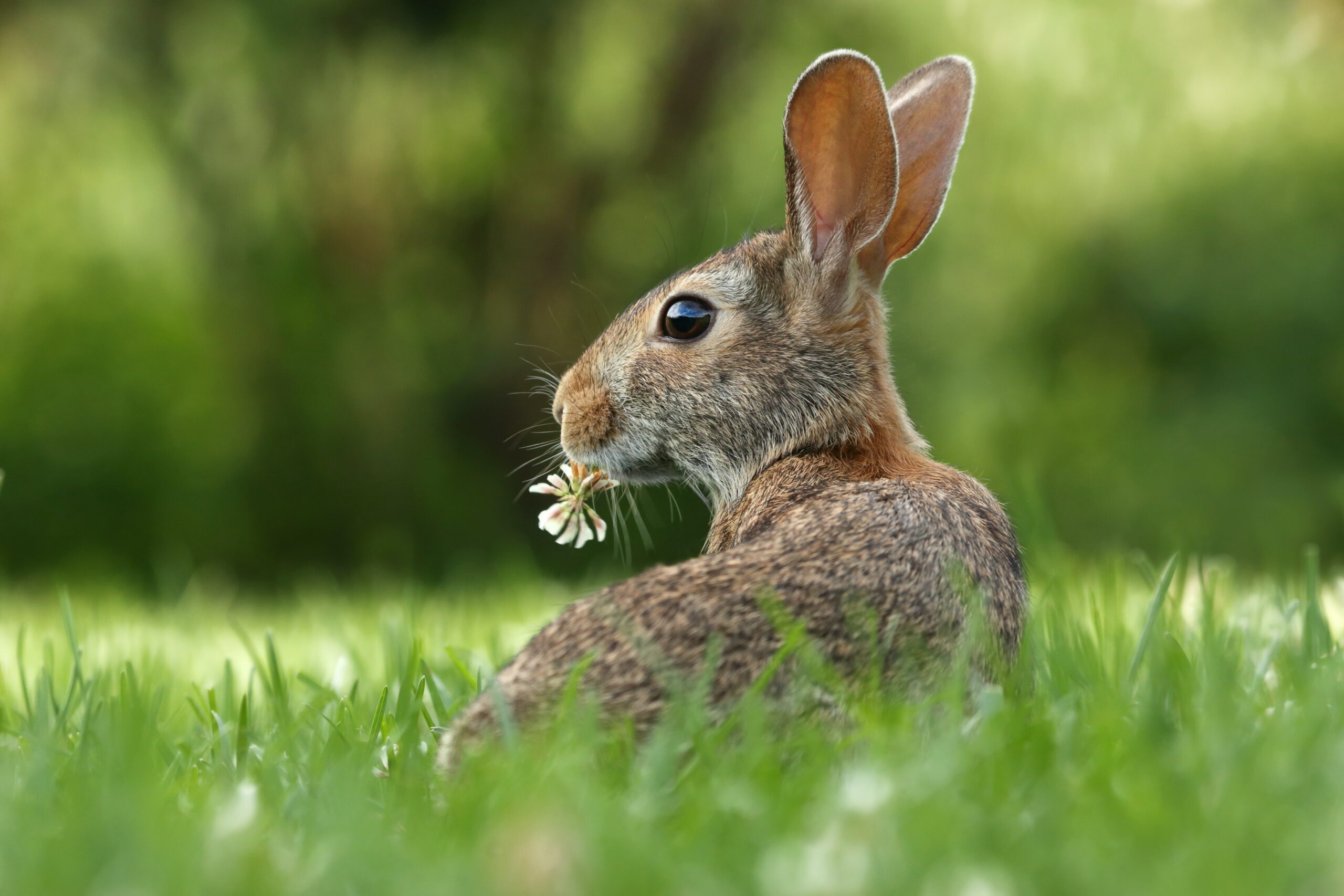
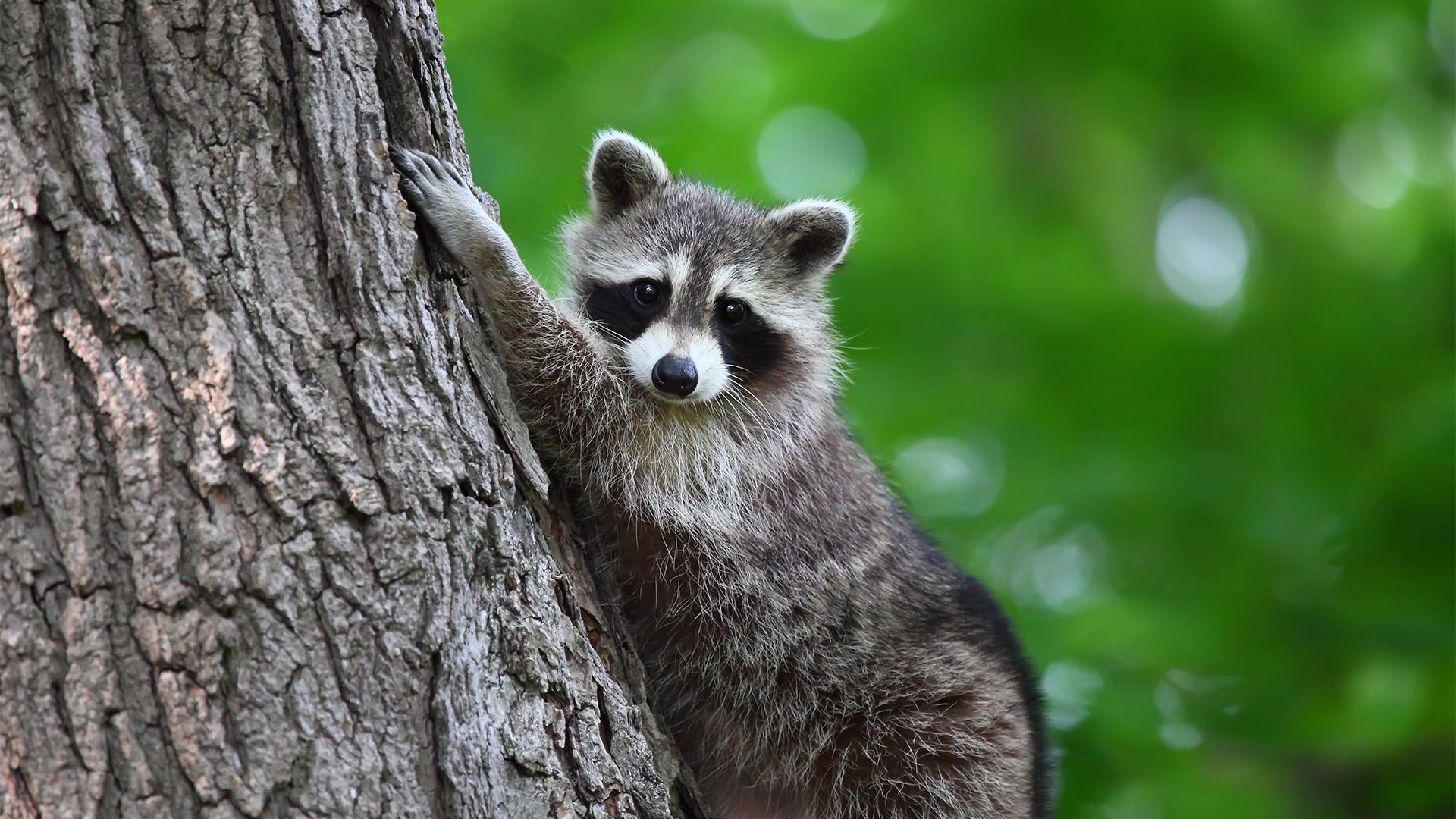
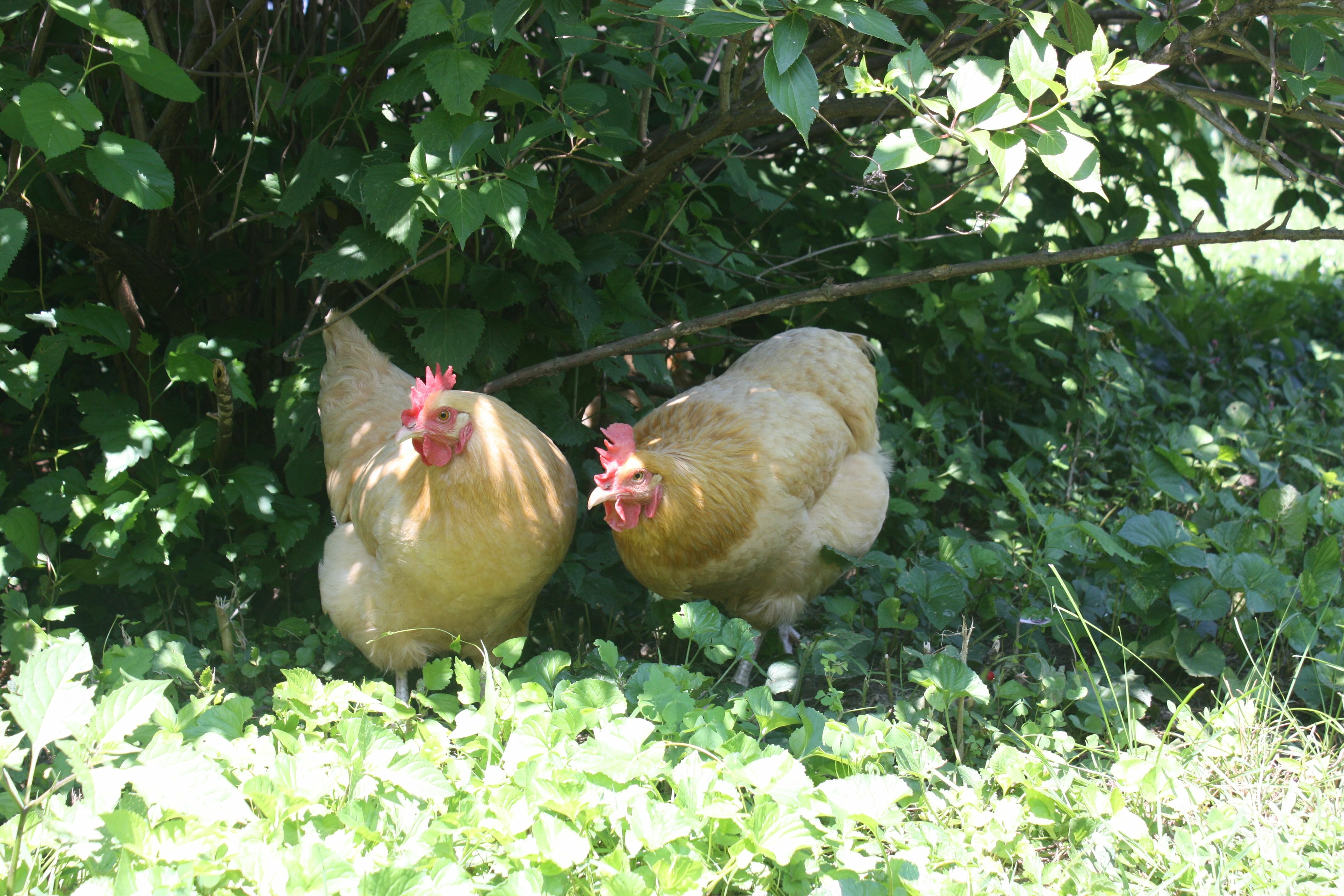
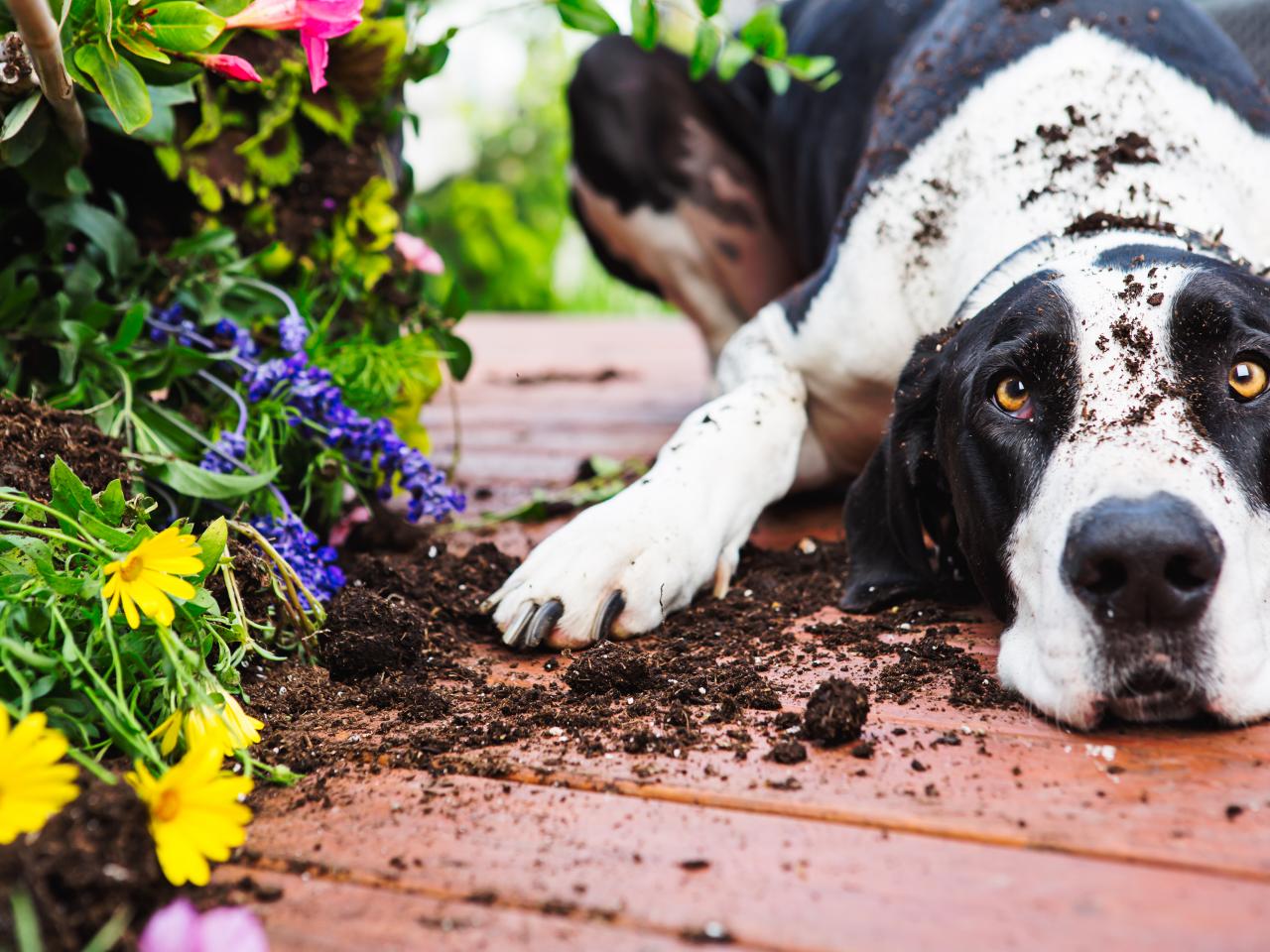
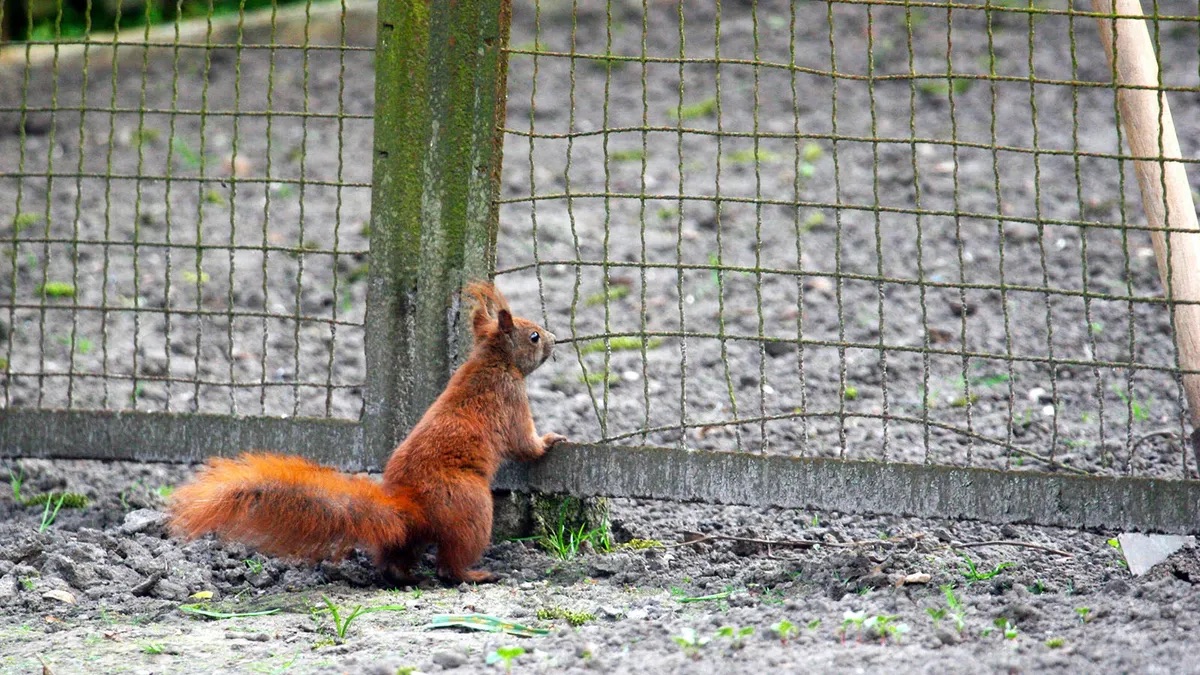
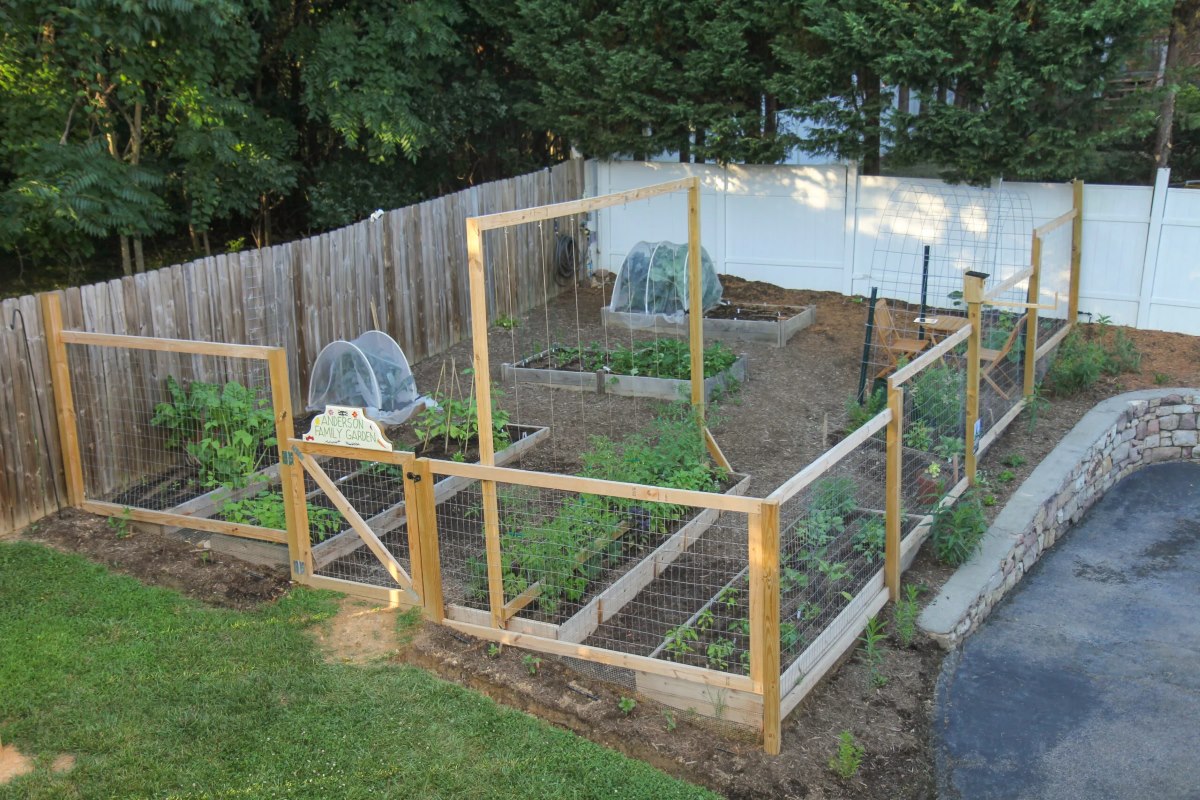
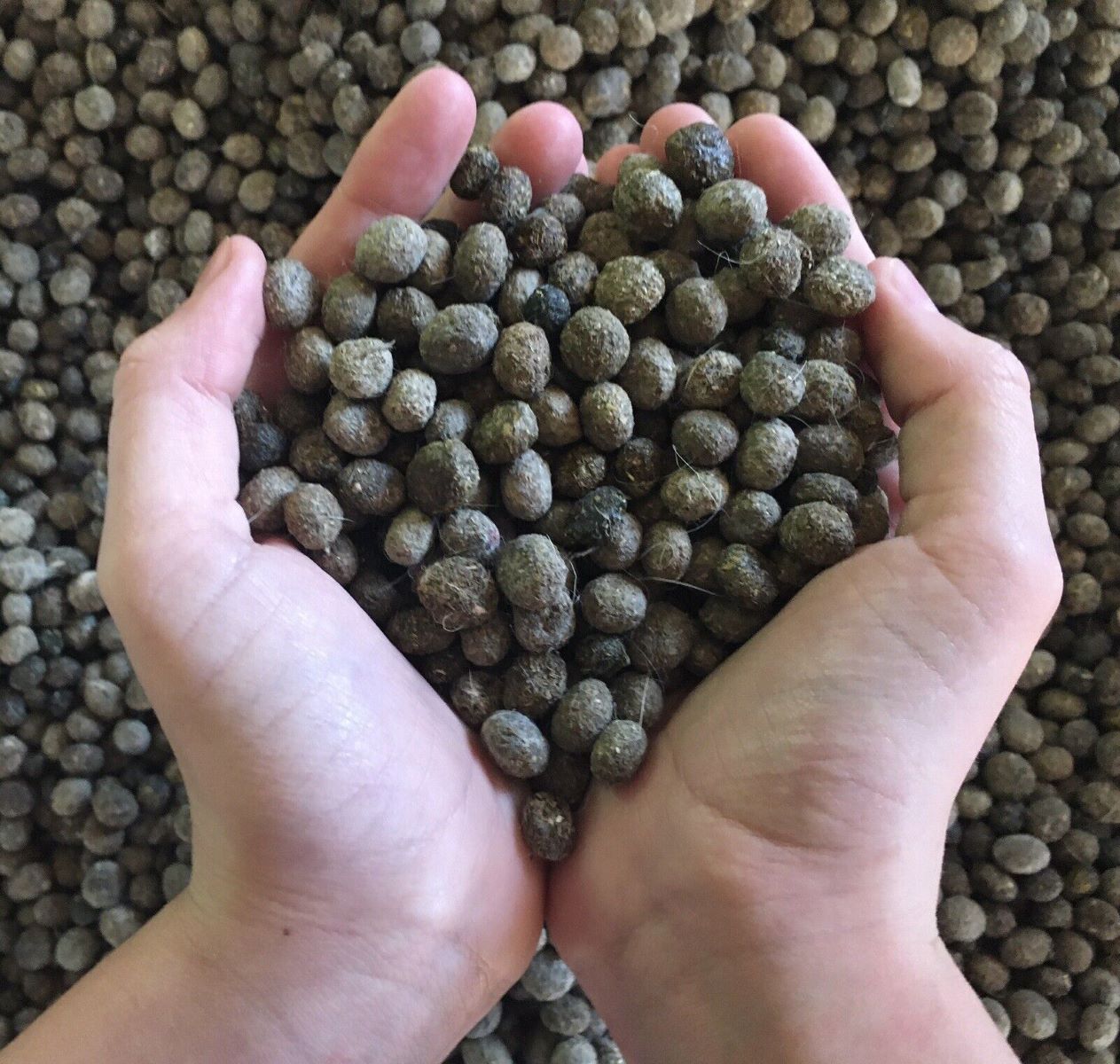
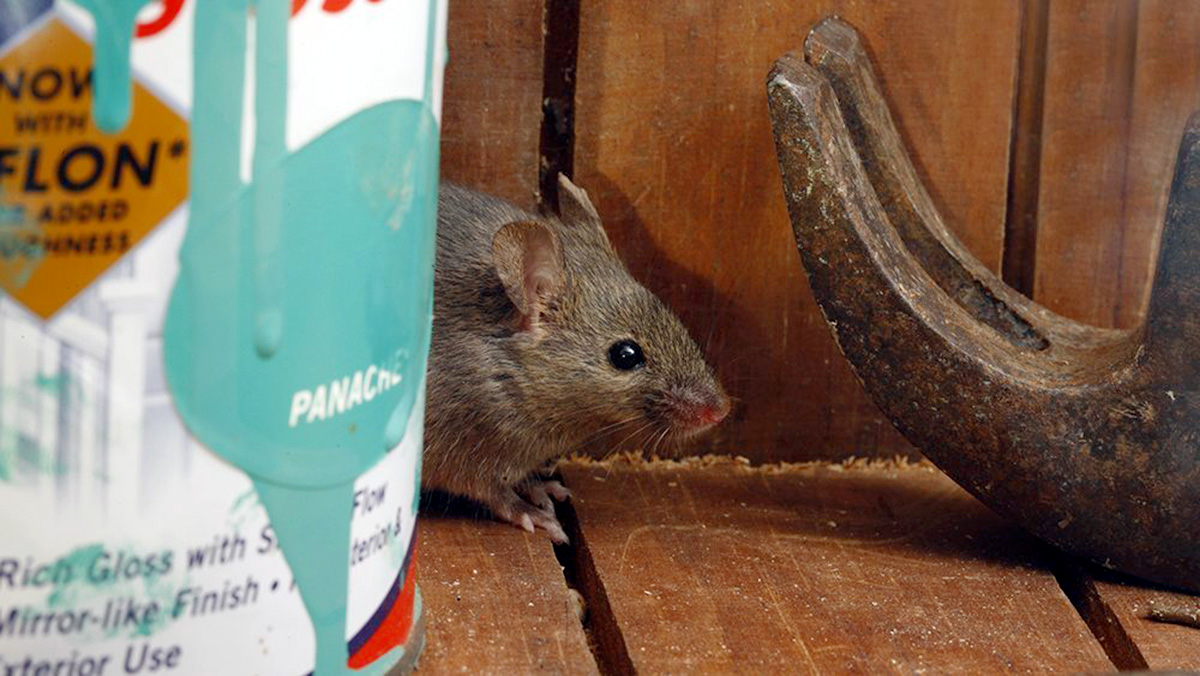
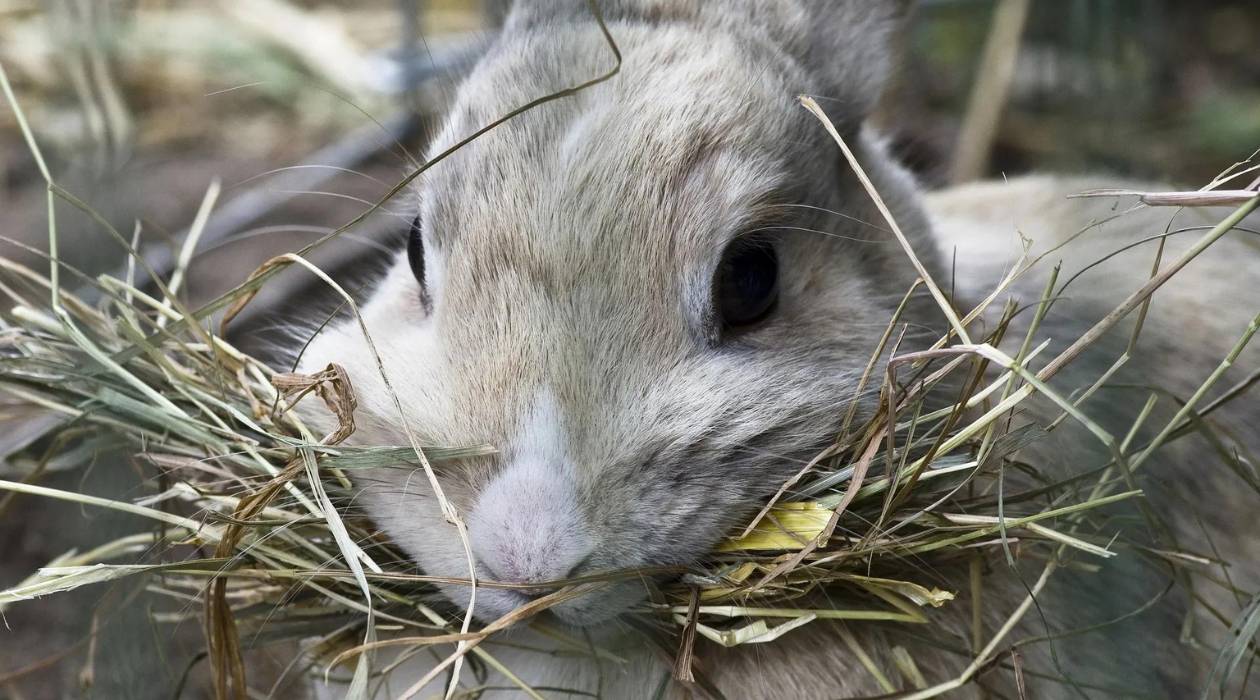
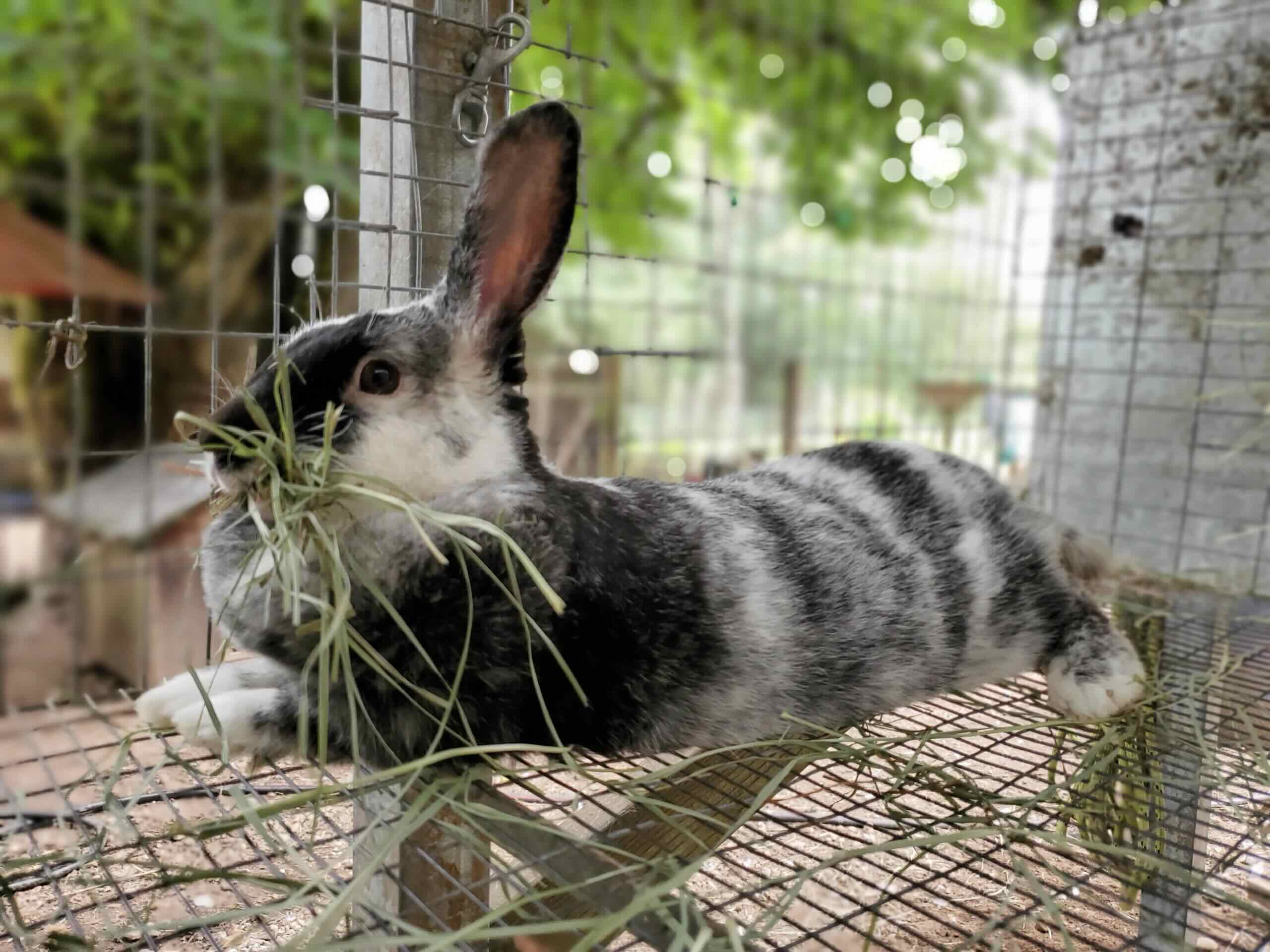
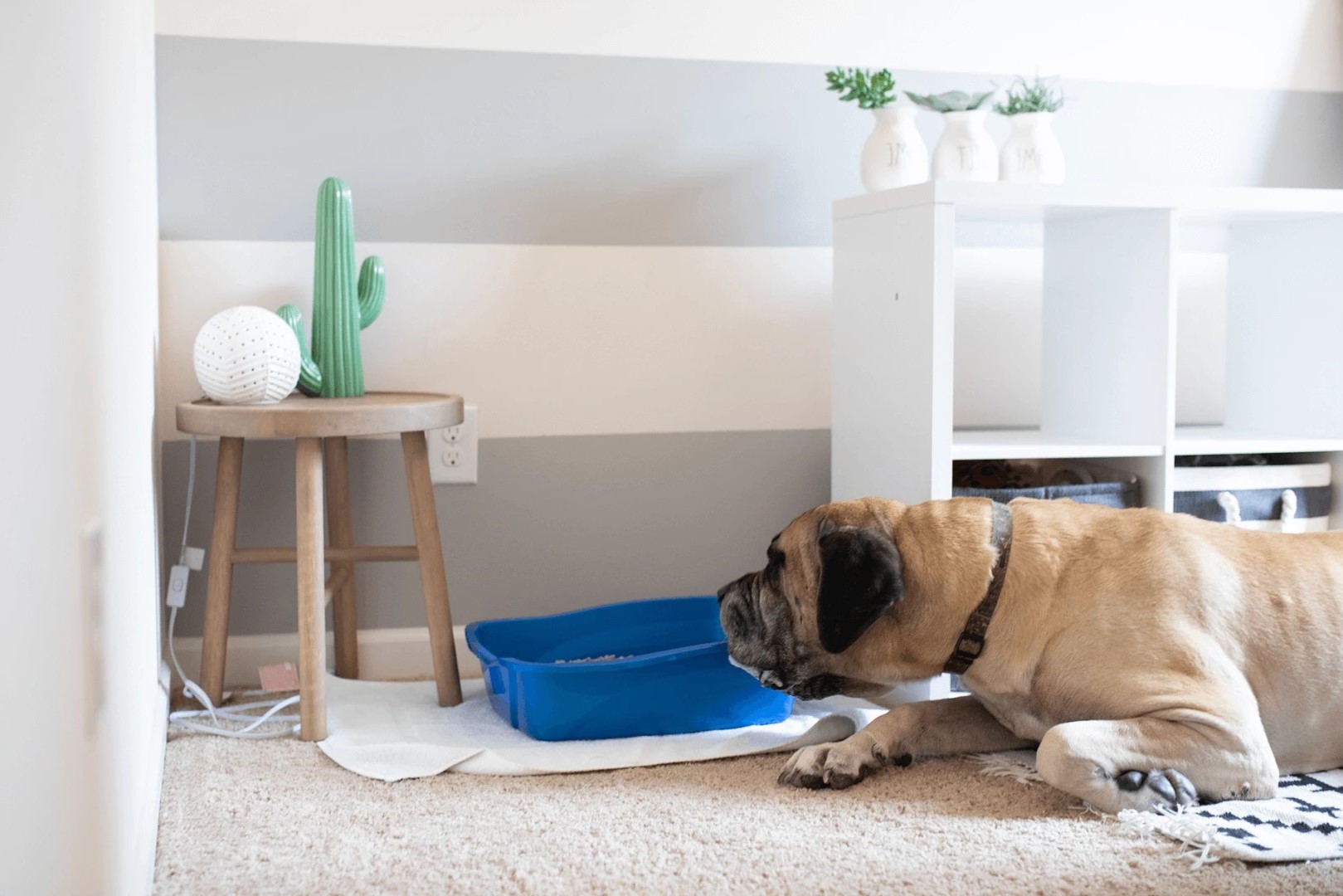
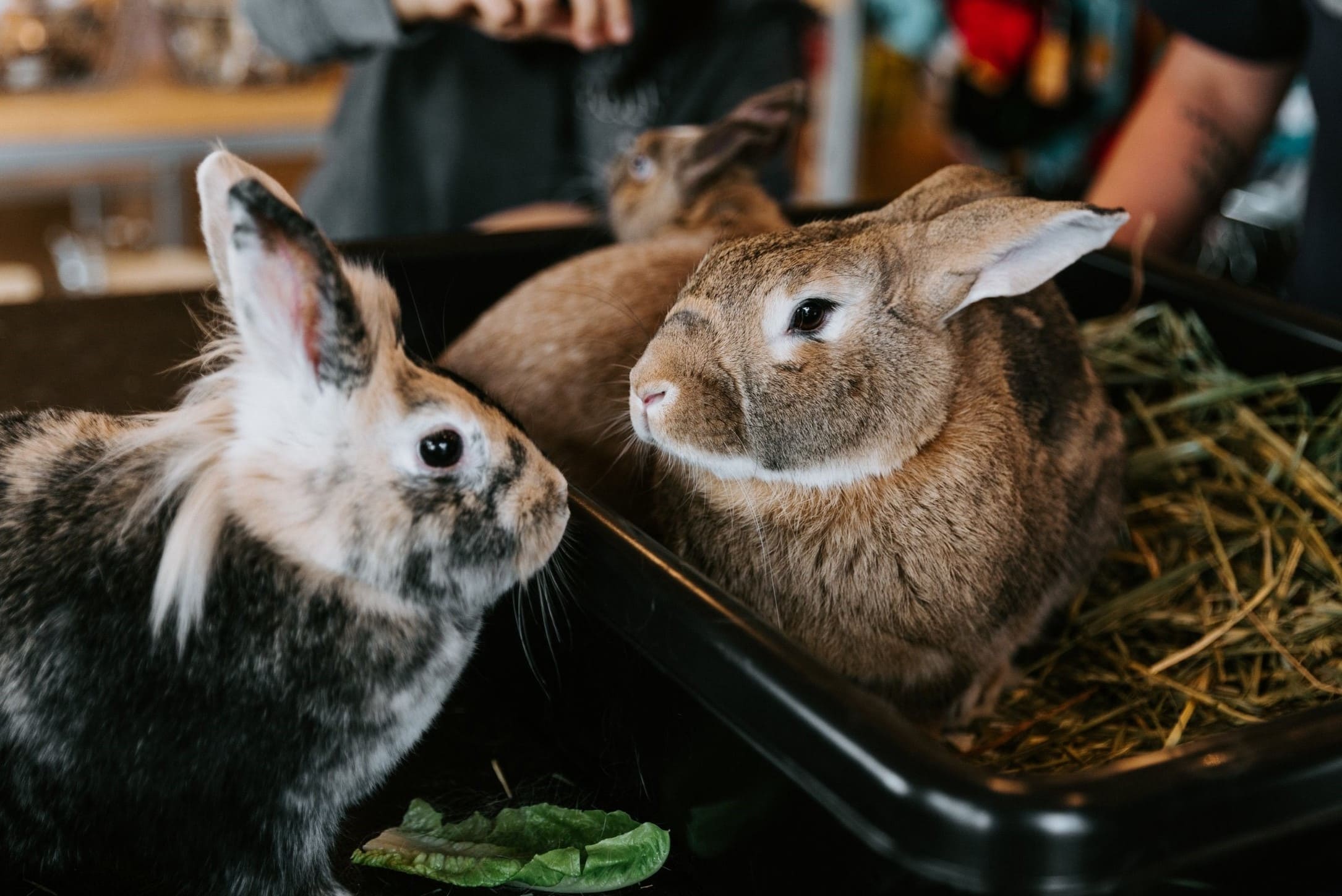

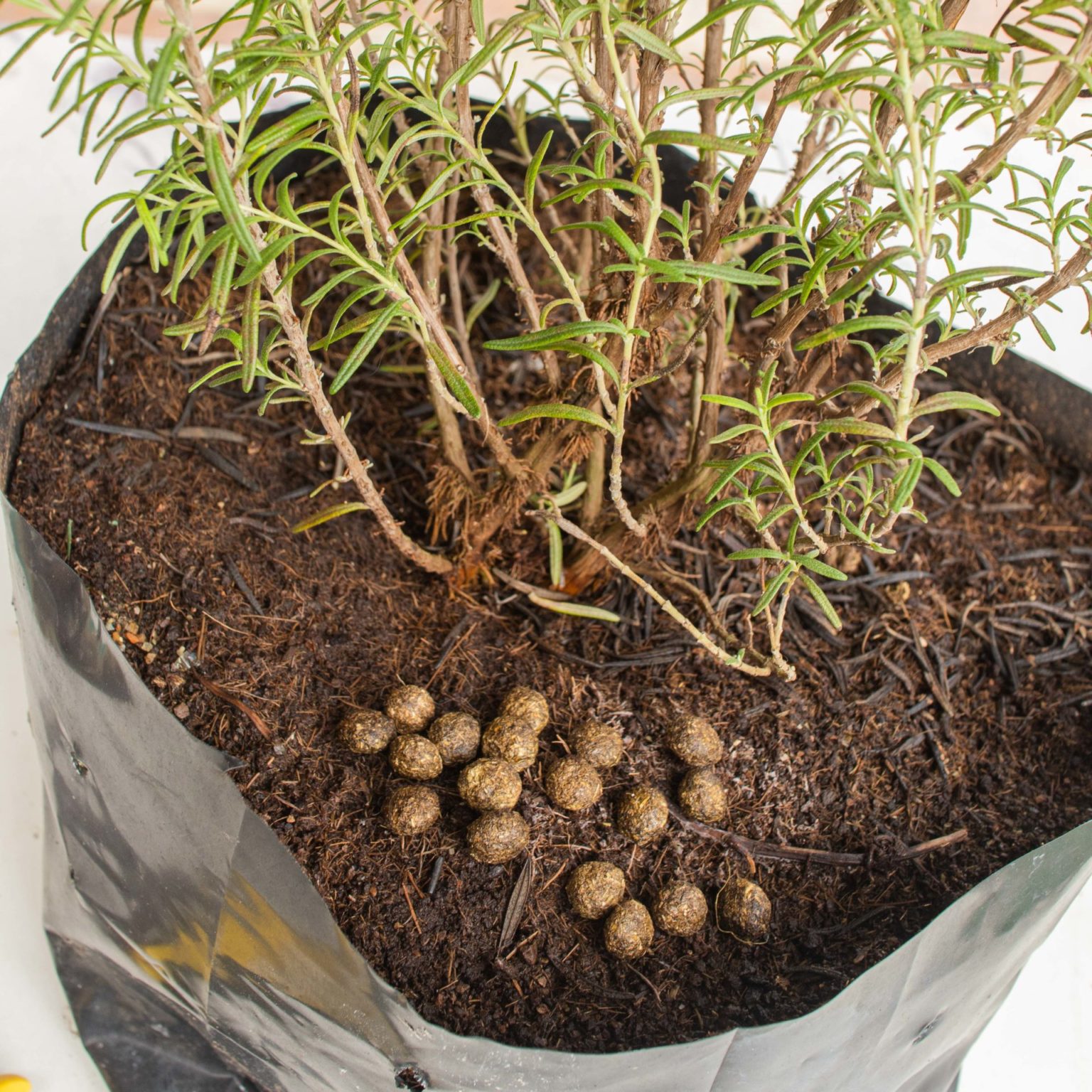

0 thoughts on “How To Keep Rabbits Out Of My Garden”